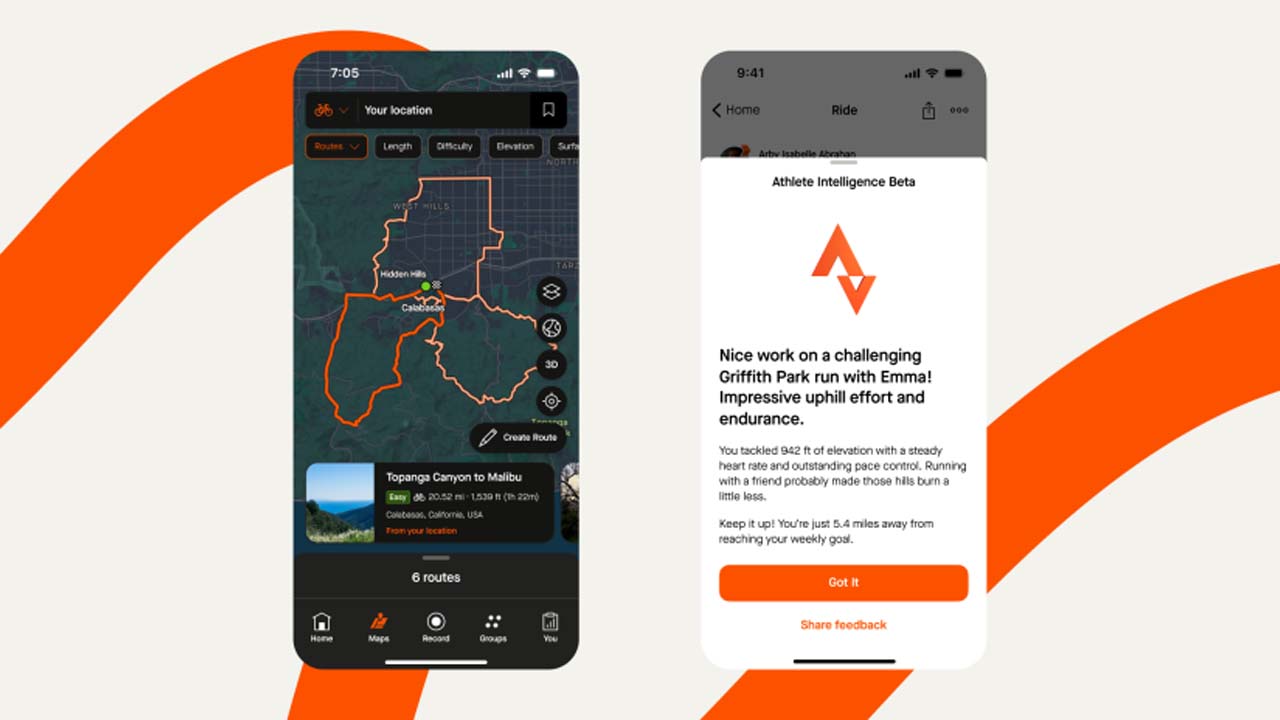Apps
Huawei to release self-developed GoPaint app
Designed specifically for tablets

Huawei will soon have its own painting app specifically designed for tablets: GoPaint. This makes the manufacturer the first to have its own self-developed painting app.
Huawei already teased its audiences with a short clip posted on its socials with the caption “Creation begins here.” GoPaint will go live on May 7.
The app will come with a wealth of brushes, and brings easy-to-use features for painting. The eventual launch of this app eliminates the need for beginners to download third-party apps, like ibis Paint X and Sketchbook.
With the integration of GoPaint along with Huawei’s capable hardware-software architecture, Huawei is pushing itself to be a creation go-to for tech users. Previously, the brand held a GoPaint Worldwide Creating Activity last year, which saw creators around the world participate.
The app will surely complement Huawei’s recent lineup of tablets which includes the MatePad 11.5 PaperMatte edition and the MatePad Pro 13.2.
The PaperMatte edition tablet eliminates glare and prevents reflection and fingerprints, replicating the feel of traditional paper. On the other hand, the MatePad Pro 13.2 offers users a smooth and seamless experience for creation, work, content consumption, and more.
The MatePad Pro 13.2 particularly features an OLED screen and works with Huawei’s 3rd gen M-Pencil for more than 10,000 pressure sensing levels. Both tablets support multi-device interconnection, remote PC access, and multi-screen collaboration.

Apps
ChatGPT takes down voice after Scarlett Johansson claims theft
The actress pursued legal action

Did you know that ChatGPT has a voice? As the AI-powered assistant continues to grab more users, OpenAI, the company behind it, launched voice options to make the software even more immersive. Now, what can get more immersive than a voice based on Her, one of the most prolific films about an AI assistant? Consent, however, remains an important part of this world. Lacking the necessary consent to use her likeness, OpenAI got rid of its Johansson-like voice.
Recently, OpenAI launched GPT-4o. The latest model represents the most advanced developments for the large language model. Adding to its list of features is a new voice option called Sky.
Though the company hasn’t outright confirmed so, the voice curiously sounds like Scarlett Johansson. The actress previously voiced the AI in Her. Joaquin Phoenix’s character falls in love with the voice over the course of the movie. Since then, Johansson’s take on the AI represents one of the most popular depictions of AI assistants.
While the similarity remains unconfirmed internally, CEO Sam Altman tweeted “her” right after announcing the new version.
Apparently, Johansson did not give consent to use the likeness of her voice, according to statement (via NPR). Though OpenAI did approach the actress to ask for permission, she ultimately declined. A few days before the latest model came out, OpenAI urged her to reconsider, but the model launched before they could reconnect.
As such, the actress pursued legal action and essentially forced ChatGPT to take the voice down. She is also asking OpenAI to detail exactly how they obtained the similar-sounding voice. OpenAI maintains that it will keep its voice actors’ identities private.
SEE ALSO: Logitech introduces a dedicated shortcut for ChatGPT

Strava is emerging as a top choice for runners worldwide. Though the app is rising in popularity, there are still some features that are notably missing. If you’re eagerly awaiting for a few to drop, the fitness app is rolling out highly requested features soon.
Naturally, the most requested feature is dark mode. Considered an essential these days, the mode is present in a lot of apps today. Finally, Strava is getting its own version. In an update coming later this summer, users can turn the lights off permanently or according to the device’s settings.
Though not the most highly requested feature, the app is also (inevitably) getting a healthy dose of AI. In Athlete Intelligence Beta, the service will use large language models to interpret and summarize a workout for users. Finished workouts won’t just be a series of arcane numbers anymore. The developing AI will translate these to language that any user can understand.
Additionally, Leaderboard Integrity will analyze recorded activities for any potential errors — intentional or otherwise. If the system detects that an activity feels improbable, it will alert users to change its classification or delete it altogether.
Finally, Strava is getting night heatmaps. Concerned users will soon have the ability to see the traffic in a particular trail between sunset and sunrise. If you’re concerned about the safety of a route, the app will notify you if a path is well-lit and well-travelled at night.
The app will launch these features soon for users worldwide.
SEE ALSO: Strava is getting a much-requested chatting feature
Apps
Lenovo LISSA to help businesses become more sustainable
Helping businesses reduce their environmental footprint

Lenovo has announced an exciting new AI-powered engine designed to revolutionize sustainability in the digital age. It’s called Lenovo’s Intelligent Sustainability Solutions Advisor, or LISSA for short. In a nutshell, it empowers businesses to make smarter decisions to reduce their environmental footprint.
Through generative AI, LISSA offers visibility into the estimated carbon emissions associated with various Lenovo sustainability solutions. These include the following:
- TruScale Device as a Service (DaaS)
- Asset Recovery
- packaging efficiencies
- lower-carbon shipping options
- lifecycle extensions
- certified refurbishment
Moreover, LISSA helps to simulate solution pathways and identify potential emission reduction opportunities. This will help the client decide properly while supporting their IT decarbonization goals in the digital workplace.
The introduction of LISSA stems from a recent Lenovo survey wherein it found out that 87% of executives indicated they believe AI enables the potential to address climate issues and unlock insights that could help mitigate global greenhouse gas emissions.
With faster access to IT sustainability insights and recommendations powered by generative AI, Lenovo can help businesses develop pathways with measurable sustainability outcomes. This helps them plan ahead, make the right choices, and maybe even save money in the process.
-

 News1 week ago
News1 week agoA kid learned Tagalog just by watching La Luna Sangre on her iPad
-

 Reviews2 weeks ago
Reviews2 weeks agoXiaomi 14 Ultra Review: The Ultimate Camera Smartphone
-

 Reviews1 week ago
Reviews1 week agoInfinix NOTE 40 Pro review: Built to endure
-

 Gaming2 weeks ago
Gaming2 weeks agoROG Ally X announced
-

 Automotive2 weeks ago
Automotive2 weeks ago2024 Jeep Wrangler 4-Door Sport now in the Philippines
-

 Smartphones2 weeks ago
Smartphones2 weeks agoHMD Global revives the classic Nokia 3210
-

 Gaming2 weeks ago
Gaming2 weeks agoNintendo confirms a Switch successor is coming within the year
-

 Gaming2 weeks ago
Gaming2 weeks agoGundam Breaker 4 coming to consoles, PC on August 29


















